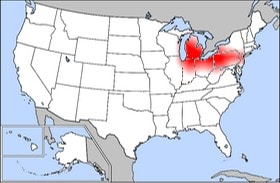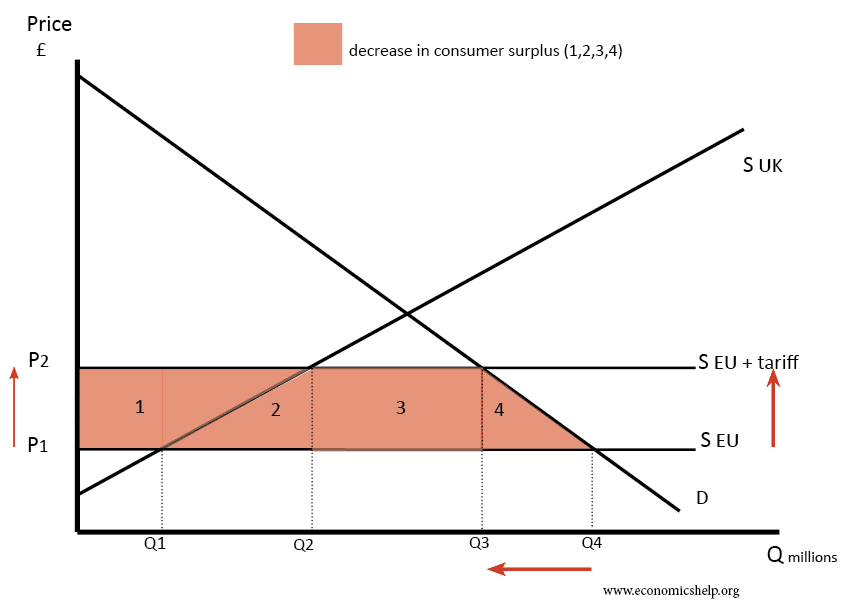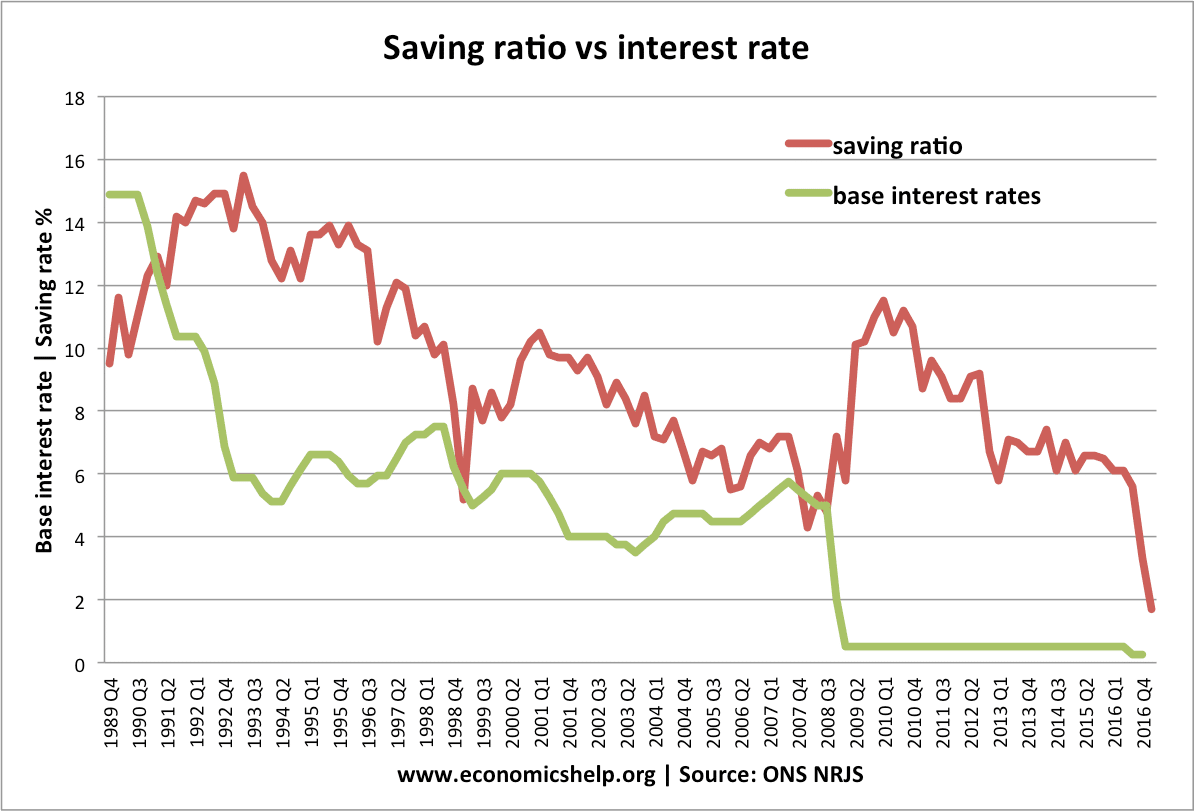Rust belt – definition and causes
The rust belt is an area of mid-west US dominated by declining manufacturing industry. Cities and regions affected tend to have: High unemployment Declining populations Falling real incomes Social problems associated with structural unemployment. Although the rust belt refers mostly to the mid-west of the US, it can refer to any area which experienced a …



